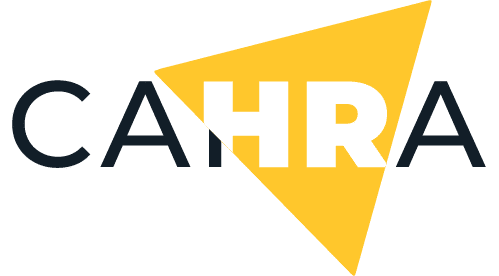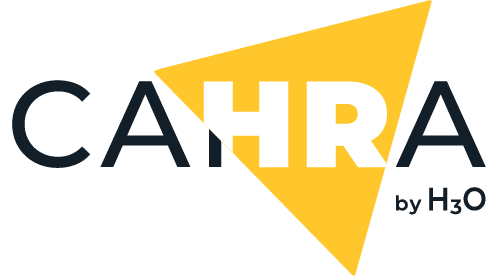Discover the different situations that may require the intervention of an interim manager in your company.
Continuous improvement
In a competitive market that is as volatile as it is uncertain, companies can no longer be content to rest on their laurels. By identifying the weaknesses, shortcomings and opportunities for improvement within companies’ internal processes, the continuous improvement approach allows them to improve their performance without disrupting the existing organisation. The intervention of interim managers is therefore part of a Lean management approach, a method of managing and organising work which aims to improve an organisation’s performance.
Another benefit of CAHRA is that it is based on the PDCA (Plan, Do, Check, Act) approach which aims to engage the company internally in a virtuous process and to support it in the improvement of its performance and human values.
Operational Excellence
A company’s performance depends on several aspects including its HR culture, its management style, its organisational processes, the level of employee commitment and its governance, to name but a few. It may be useful to review or even ‘redefine’ these aspects in order to gain a competitive advantage. This need becomes all the more apparent when the performance indicators are negative, for example in terms of the turnover or absenteeism rate, the number of work accidents or the level of customer satisfaction.
The interim management mission will involve identifying certain weak points that could be detrimental to operational excellence, for instance in terms of managerial leadership or the relevance of processes. In a Lean system, performance is the result of the following equation management dimension x methods used x organisational culture. The aim is therefore to activate and coordinate these three levers to achieve rapid progress.
Change management
Whether a matter of choice or necessity, whether one-off or long-term, change management can take many forms. But to be effective it must be centred around a solid and proven methodology, which the interim manager will adopt. The aim? To provide a framework for reflection and then to drive action, all whilst avoiding power struggles.
Listening to employees is an important part of identifying the levers that can impact change management. Interim management will also encourage dynamic social interaction in order to boost collective intelligence and involve the players in the transformation process. Several tools will also be mobilised to ensure that all stakeholders are involved.
Crisis management
Any organisation could be confronted with a crisis situation, requiring a rapid and structured reaction to limit the consequences. The first step is to identify the nature of the problem in order to determine the issue at stake and adopt the most appropriate methodology and action plan..
Interim management provides an outsider perspective on the situation supported by a diagnosis involving interviews with employees. There are several key elements that make the CAHRA approach unique. For example: identifying the company’s natural leaders – employees who will drive the transformation process internally and support the implementation of Quick Win to motivate the team.
Temporary management
Whether expected or not, a managerial vacancy can undermine the stability of the company and affect its overall performance. Several situations will require the support of temporary management including: the replacement of a manager who is absent for a specific period of time; ensuring a smooth transition while a recruitment process is carried out; supporting a new director in taking up his or her duties.
The interim manager provides an essential ‘transfer of skills’, but his or her added value also consists of identifying areas for improvement within his or her department or business unit. On this basis, he or she can then design a tailor-made action plan, involving the teams in its implementation and then evaluating the results.



